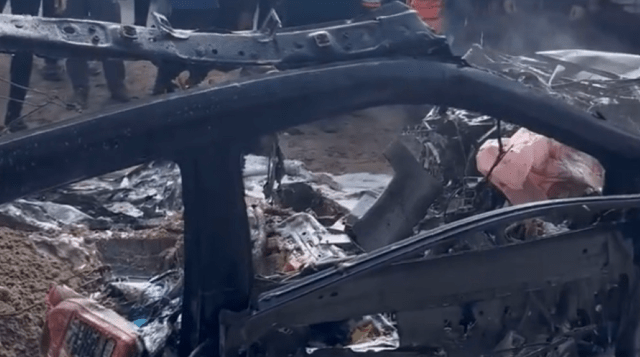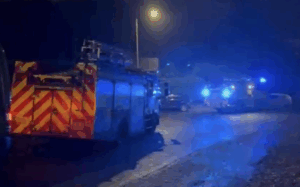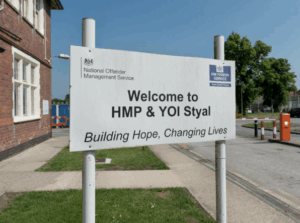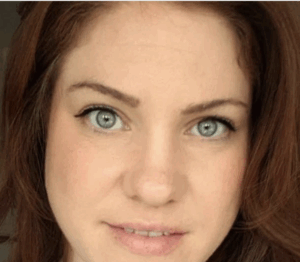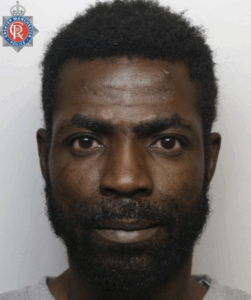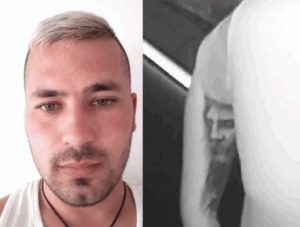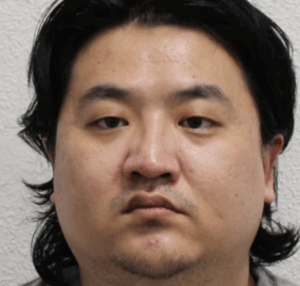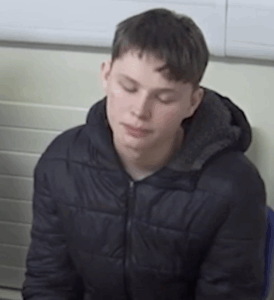The International Court of Justice (ICJ) has issued a ruling demanding that Israel immediately cease its military operations in Gaza’s southern city of Rafah. The decision comes after an urgent plea from South Africa, citing the risk of “physical destruction” to the Palestinian group in the area.
Background
Earlier this month, over 80,000 people fled Rafah as Israeli tanks intensified their presence along the border. Many of those evacuating had already been displaced due to the ongoing Israeli offensive. Rafah has become a focal point in the conflict, as it serves as one of the primary access points for land-supplied aid. Concerns have grown about the impact of renewed Israeli attention on Rafah and the resulting strain on humanitarian aid.

Israel claims that Hamas militants are hiding within the city, justifying its military actions. However, the ICJ’s ruling emphasises the need to prevent any actions that could lead to the “physical destruction” of the Palestinian group in Gaza.
ICJ’s Decision
Judge Nawaf Salam, the president of the ICJ, stated, “Israel must immediately halt its military offensive and any other action in Rafah that may endanger the Palestinian group in Gaza.” The court’s ruling aims to protect civilians and prevent further harm.
Previous Legal Actions
Earlier this year, South Africa presented a comprehensive legal document accusing Israel of committing acts with “genocidal character.” These acts were allegedly intended to bring about the destruction of a substantial part of the Palestinian national, racial, and ethnic group. In January, ICJ judges ordered Israel to take all necessary measures to prevent death, destruction, and acts of genocide in Gaza. However, the court stopped short of ordering an end to the offensive.
In March, the ICJ issued a second order, emphasising the need for Israel to improve the humanitarian situation in the region.
Humanitarian Crisis
Israel’s offensive, triggered by Hamas’ October 7 attack that resulted in 1,200 deaths and 250 abductions, has led to a severe humanitarian crisis. According to Gaza’s Health Ministry, over 35,000 Palestinians have lost their lives during the conflict.
Enforcement Challenges
While the ICJ has broad powers to order a ceasefire and other measures, it lacks its own enforcement apparatus. As a result, enforcing the ruling against Israel remains a challenge. Israel has historically been reluctant to comply with such orders.
Irish lawyer Blinne Ní Ghrálaigh, part of South Africa’s legal team, expressed urgency, saying, “This may well be the last chance for the court to act.”
Israel has rejected South Africa’s claims, setting the stage for further legal and diplomatic tensions

